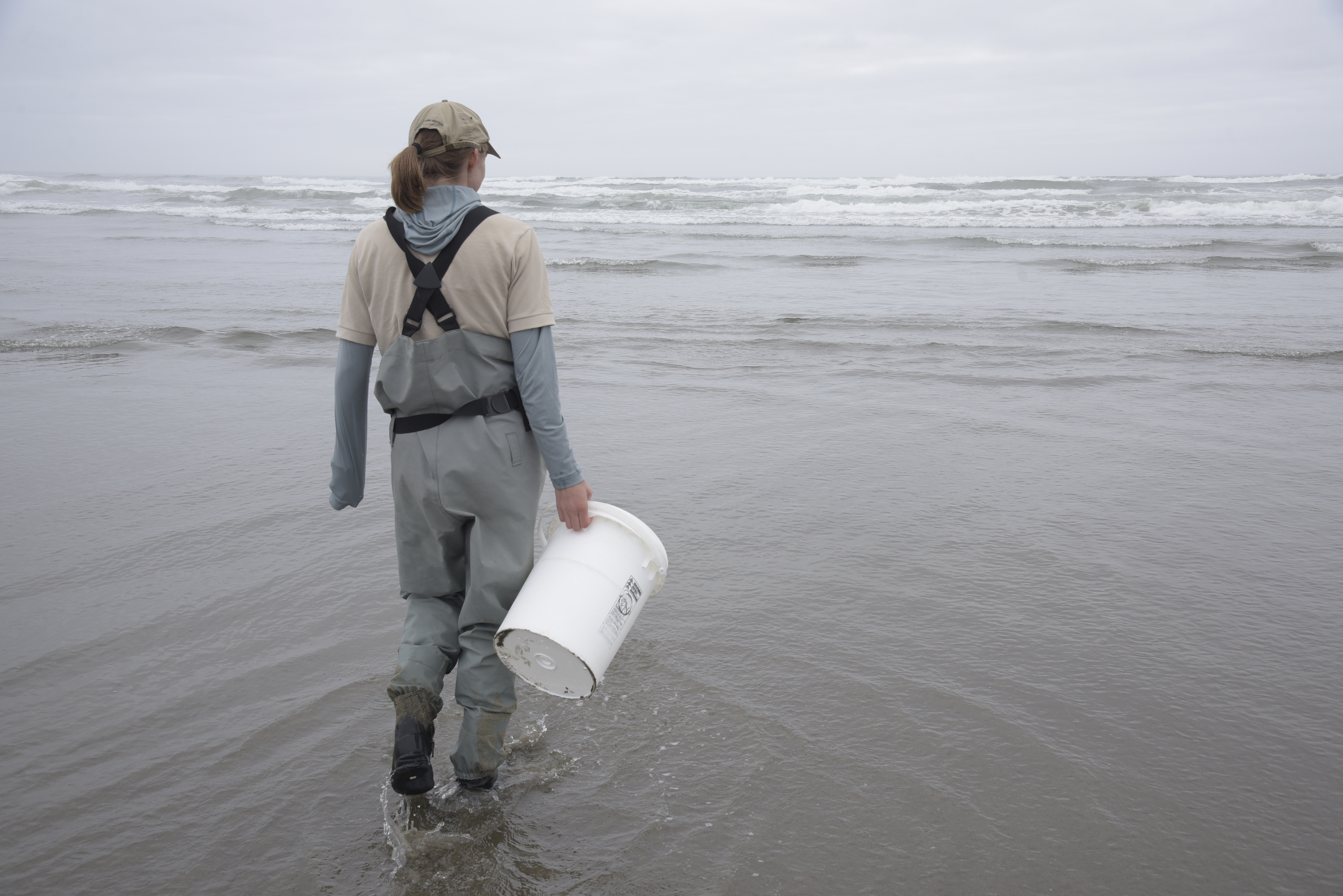Guest Column: Protect ocean habitats from climate change
Published 12:30 am Thursday, December 3, 2020

- Celeste Meiffren-Swango
The Oregon Coast is iconic for its craggy cliffs and rugged beaches.
Trending
Oregonians from across the state travel to our coast to fly kites and build sandcastles on our incredible beaches, or hike on the rocky cliffs to get a good view of the gray whales as they migrate. But future generations may never enjoy these experiences if rising sea levels and warmer oceans leave Oregon’s coast unrecognizable.
That’s why I was excited to see bold new proposals for conserving our ocean and combating climate change in the Ocean-Based Climate Solutions Act, introduced by U.S. Rep. Raul Grijalva in the House recently, co-sponsored by Oregon’s U.S. Rep. Suzanne Bonamici and U.S. Rep. Earl Blumenauer.
This bill proposes a bold agenda that will reorient America’s relationship to our oceans, recognizing the important role our coastal waters play in our cultural imagination and in the life-support systems of our planet.
Trending
Protecting ocean habitats can have major benefits for species and ecosystems that are already at risk from climate change.
These safeguards are essential because ocean life has already felt the impact of warming waters. Scientists estimate that 90% of the rise in global temperatures have been absorbed by the ocean.
Here on the West Coast, we’ve watched as purple sea urchins have decimated kelp forests to the south, as their main predator — starfish — died in droves from a disease made worse by warming waters. And with these changes comes the risk of the extinction of whales, fish and coral that have swum in our seas for millions of years.
But if we protect these natural spaces from direct, destructive human activities, such as commercial fishing and oil drilling, ocean life can bounce back.
For Oregon, one of the best ways to ensure future generations can continue to enjoy a vibrant nearshore is to give key ecosystems breathing room to adapt to a warming world. The Ocean-Based Climate Solutions Act would do that by committing the U.S. to protecting 30% of our oceans by 2030 from destructive human activities.
Equally as important, this legislation can play a role in combating climate change by protecting or restoring kelp, seagrass or mangroves that help keep carbon out of the atmosphere. Pound for pound, these underwater areas are more effective at trapping carbon than forests on land. If we can restore these ecosystems, they can help us reduce the amount of carbon in our air, making it easier to stave off the worst effects of global warming.
For our children and grandchildren’s sake, we must act now. That means making our voices heard so that our congressional leaders join Rep. Bonamici and Rep. Blumenauer in supporting the Ocean-Based Climate Solutions Act and to help ensure that our oceans both thrive and continue to play a role in fighting climate change.









